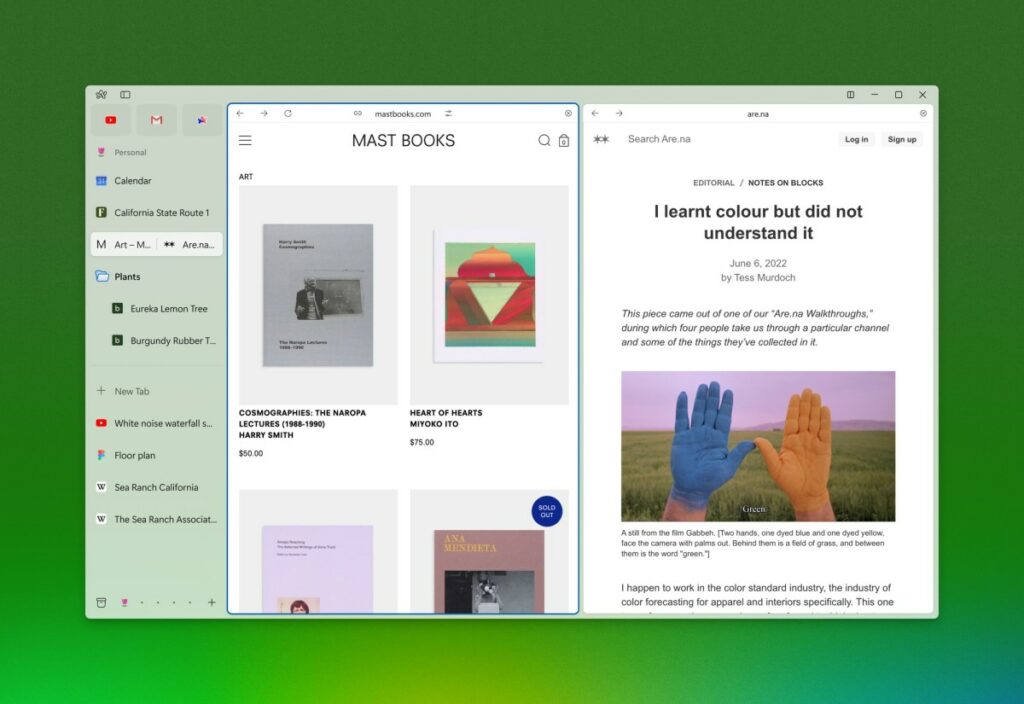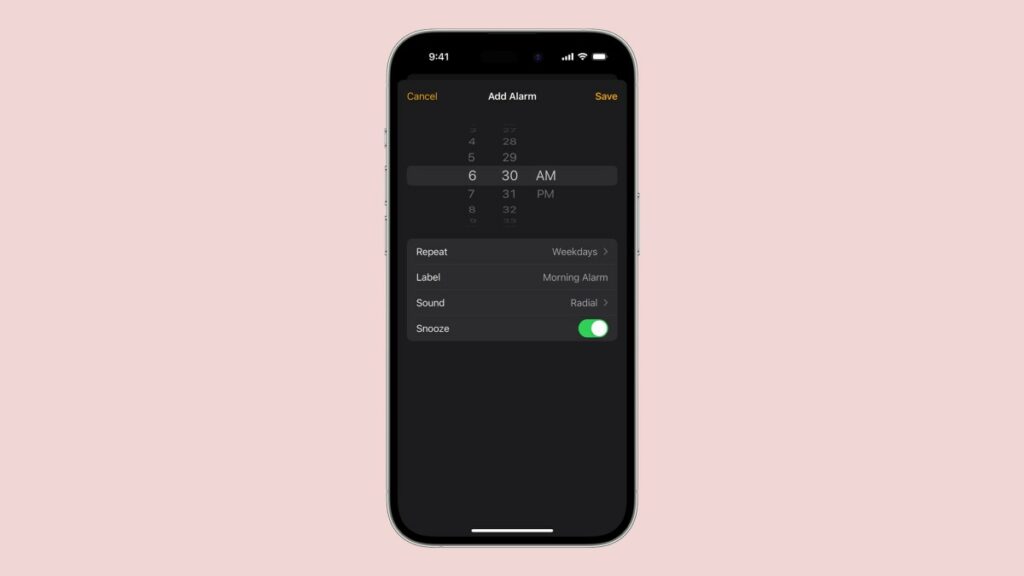AI-powered language learning app Speak is on a tear.
Since launching in its inaugural market of South Korea in 2019, Speak has grown to over 10 million users, CEO and co-founder Connor Zwick told TechCrunch. Its user base has doubled every year for the last five years, and Speak now has customers in more than 40 countries.
Keen to see Speak’s expansion continue, investors are now pledging additional cash to the startup.
The company this week closed a $20 million Series B extension led by Buckley Ventures, with participation from the OpenAI Startup Fund, Khosla Ventures, Y Combinator co-founder Paul Graham, and LinkedIn executive chairman, Jeff Weiner. The capital injection brings Speak’s total raised to $84 million and doubles the startup’s valuation to half-a-billion dollars.
Speak, launched in 2014 by Zwick and Andrew Hsu, who met while at the Thiel Fellowship, is designed to teach language by having users learn speaking patterns and practice repetition in crafted lessons rather than memorize vocabulary and grammar. In this way, it’s not dissimilar to Duolingo, particularly Duolingo’s newer generative AI features. But true to its namesake verb, Speak emphasizes verbalizing above all else.

“Our core philosophy is centered around getting users to speak out loud as much as possible,” Zwick said. “Attaining fluency helps people form connections, connect cultures and create economic opportunity. It remains the most important part of language learning for people, yet historically, the least supported through technology.”
Speak started with English, and has since launched lessons in Spanish, powered by a speech recognition model trained on in-house data. Next up is French, but Zwick didn’t say exactly when it will launch lessons for that.
Speak makes money by charging $20 per month, or $99 per year, for access to all of the app’s features, including review materials and one-off courses.
With a 75-person workforce across offices in San Francisco, Seoul, Tokyo and Ljubljana (the capital of Slovenia), Speak’s near-to-long-term roadmap is developing new models that deliver better real-time feedback on tone and pronunciation, Zwick said.


